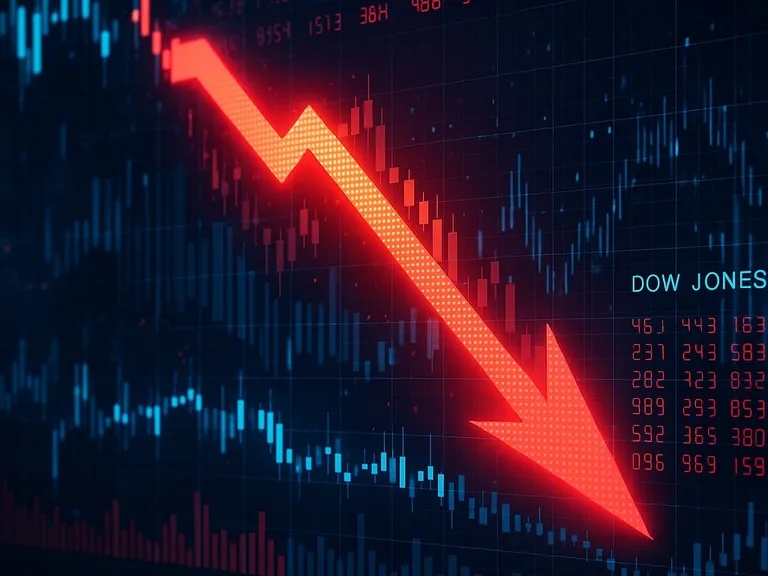In early April 2025, the global financial landscape experienced significant upheaval following the announcement of sweeping tariffs by U.S. President Donald Trump. These "Liberation Day" tariffs, aimed at addressing trade imbalances, have had profound effects on stock markets and elicited diverse reactions from business leaders, notably Elon Musk.
Dow Jones Industrial Average: Market Turbulence
The Dow Jones Industrial Average (DJIA) faced substantial volatility in response to the tariff announcements. On April 4, 2025, the DJIA plummeted by 2,231 points, marking a 5.5% decline and bringing it into correction territory. This sharp drop reflected investor concerns about potential economic repercussions stemming from escalating trade tensions.
Elon Musk's Stance on Tariffs and Trade
Elon Musk, CEO of Tesla and an advisor to President Trump, publicly expressed his disagreement with the administration's tariff strategy. Speaking at a conference in Florence, Italy, Musk advocated for a "zero-tariff situation" between the United States and Europe, effectively proposing the creation of a transatlantic free trade zone. This position underscores Musk's preference for open trade policies over protectionist measures.
Musk also engaged in a public dispute with Peter Navarro, President Trump's trade advisor and architect of the tariff policy. Musk criticized Navarro's economic credentials and questioned the efficacy of the tariff approach, highlighting internal divisions within the administration regarding trade policy.
Implications and Future Outlook
The implementation of these tariffs has introduced significant uncertainty into global markets. Economists and business leaders have raised concerns about potential inflationary pressures, disruptions to supply chains, and the possibility of a recession. The divergence of opinions within the administration, exemplified by Musk's opposition, further complicates the policy landscape.
As the situation evolves, investors and policymakers will closely monitor the impacts of these trade measures on both domestic and international economies. The effectiveness of the tariffs in achieving their intended goals, as well as their unintended consequences, will likely influence future trade policies and economic strategies.



